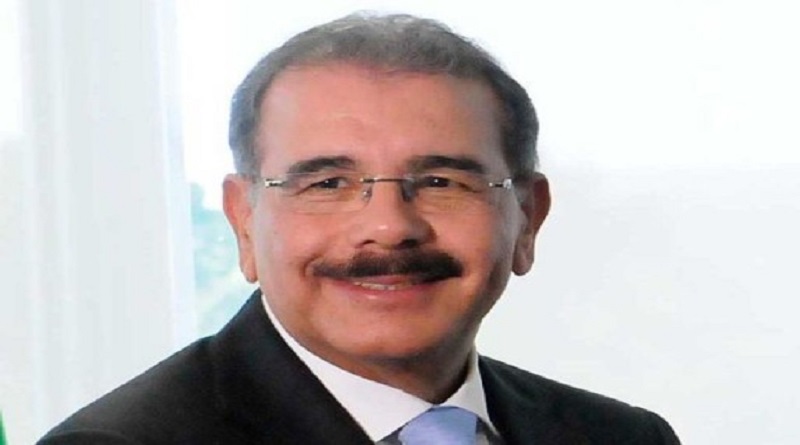Dominican Republic emerges 90th Party to Minamata Convention
The government of Dominican Republic on Thursday March 20, 2018 deposited its instrument of ratification becoming the 90th Party to the Minamata Convention on Mercury.
The ratification followed that Belgium bringing to sixth the number of ratification in 2018.
The ratification brings to 90 countries that have ratified the Convention out of the 128 that signed it.
Crucial decisions on how to end mercury pollution both to the human health and the environment were reached at the recently concluded week-long COP 1 held in Geneva, Switzerland in the last week of September 2017.
A milestone for entry into force of the Minamata Convention on Mercury was reached on May 18, 2017 when the European Union and seven of its countries including Bulgaria, Denmark, Hungray, Malta, Netherlands, Romania and Sweden had on May 18 deposited the instrument of ratification bringing the total ratifications to 51.
Consequently, the Minamata Convention on Mercury enters into force on August 16, 2017.
The Convention is a global treaty that seeks to protect human health and the environment from the adverse effects of mercury. It was agreed at the fifth session of the Intergovernmental Negotiating Committee on mercury in Geneva, Switzerland on the morning of Saturday, January 19, 2013 and adopted later that year on 10 October 2013 at a Diplomatic Conference (Conference of Plenipotentiaries), held in Kumamoto, Japan.
The Convention draws attention to a global and ubiquitous metal that, while naturally occurring, has broad uses in everyday objects and is released to the atmosphere, soil and water from a variety of sources. Controlling the anthropogenic releases of mercury throughout its lifecycle has been a key factor in shaping the obligations under the Convention.
Major highlights of the Minamata Convention include a ban on new mercury mines, the phase-out of existing ones, the phase out and phase down of mercury use in a number of products and processes, control measures on emissions to air and on releases to land and water, and the regulation of the informal sector of artisanal and small-scale gold mining. The Convention also addresses interim storage of mercury and its disposal once it becomes waste, sites contaminated by mercury as well as health issues.




